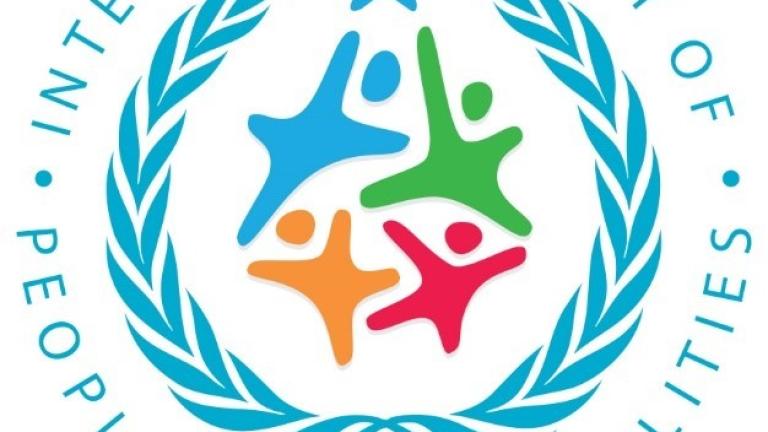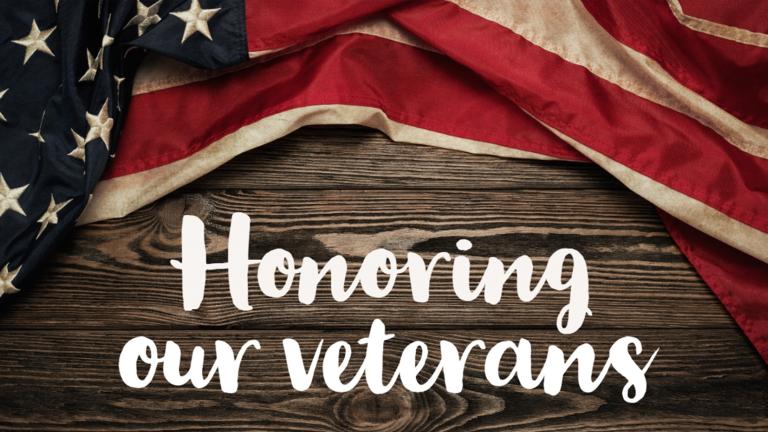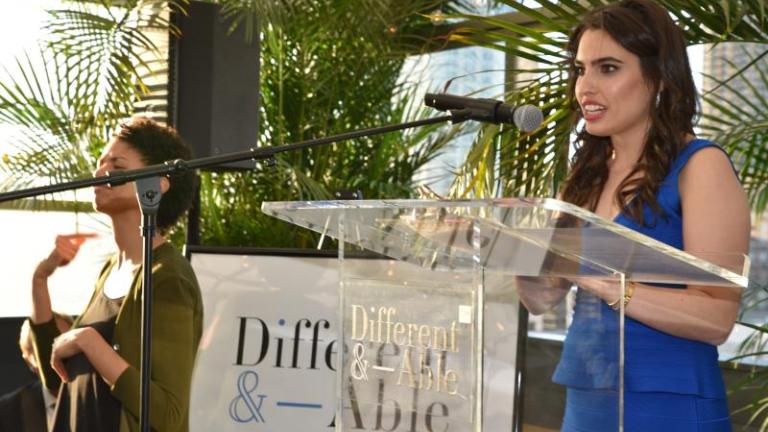Interview Questions and Answers
1. D&A: How did you develop your passion for being an athlete?
KC: Ever since I was little, I always wanted to go as fast as I could. I was also very competitive and tried my best to outperform the boys in every athletic situation. My dad quickly took notice and introduced me to motocross at 7 years old. The moment my leg swung over that PW80, I was hooked to speed and adrenaline ever since.
2. D&A: What sports do you take part in?
KC: Snowboarding, motocross, skateboarding, surfing, and wakeboarding
3. D&A: How did you sustain your injury and how long ago was it?
KC: I was racing at Freestone County Raceway on November 18, 2006. It was raining a few days straight before the race; therefore, the track was very muddy. I went out for my practice before my moto, and when I went over the finish line jump, my back tire slid out. I was laying on the back face of the jump, and the rider right behind me didn’t see me fall or have enough time to react. So, his front tire went right over my neck, broke my neck while my nerves ripped out of my spinal cord. I was diagnosed later that week with brachial plexus injury, complete paralysis of my right dominant arm. A few months later after gaining some bicep muscle back in physical therapy, my dad and I were driving back from dinner, and we got hit by a drunk driver. We flipped multiple times in our lifted truck where I ended up losing everything that I gained. My chances of regaining any movement or feeling were very unlikely.
4. D&A: Where did you find the will to continue your athletic dreams after your injuries?
KC: To push my limits and to prove to myself and others what is possible through innovation and determination. I refuse to let my dreams be limited by a physical disability.
5. D&A: What is the best part about competing?
KC: The adrenaline, the friends I make, relationships I build, the amazing travel opportunities and seeing myself as a person grow more in my attitude and character. It's awesome to see how much I can push myself and encourage others around me!
6. D&A: If you had to pick one sport only to compete in, what would that sport be and why?
KC: Probably motocross… that’s where it all started for me, where I feel the most at home, where I feel I belong, and I can just be myself while geeking out over speed and motors with the same type of like-minded people. There truly isn’t anything like the moto family. It's just the best environment and my favorite to be in.
7. D&A: What is your favorite song to listen to prior to competing?
KC: It really depends on the competition and what sport. I actually listen to music before and during my competitions to help keep my adrenaline up. It also helps me focus on my own performance and not what is going on behind me. However, my playlists are rock, classic rock and punk. Anything to keep my heart rate up!
8. D&A: What is a moment that stands out in your mind as a turning point, when you really felt like you were doing what you were meant to do?
KC: When I was featured for the Makeup to Mud at Vegas Supercross and when I was the first adaptive athlete to sign with Burton Snowboards!
9. D&A: You are the first adaptive female motocross racer. What does this honor mean to you?
KC: As the first female adaptive motocross racer, I am helping show other riders who are abled and disabled that even with challenges, you can still participate and be successful in action sports. It not only increases participation in the sport I love, but it also removes physical boundaries and challenges that others have experienced in the past.
10. D&A: Motocross (MX) is usually known as a male sport; it is empowering to see a female MX rider like yourself. Is there a niche or unique feature that women bring to the sport of MX?
KC: The growth of any market or sport is based on inclusivity and the desire to reach others that are outside of the typical demographic. The thing I love most about motocross, is that as an individual sport, one is not limited by their gender or background, but rather by their passion for adrenaline. So, women bring the diversity and wider community of empowerment that helps encourage the growth of the sport.
11. D&A: In your opinion, what do you think would attract more girls and women to MX?
KC: Equality of opportunity to make a career out of racing. More highlights and support of female racers. The sport needs more professional women for little girls to look up to and to encourage them what their future could look like, as well as helping lay out a path.
12. D&A: Who or what has been your inspiration over the years? Why?
KC: My inspirations haven’t necessarily been any person; it's been the sports themselves. They motivate me to get creative, to push my limits and not only become a better athlete but a better person. To chase the possibilities of what I can accomplish beyond my physical disability.
13. D&A: You work as a graphic designer at a print shop in Frisco, Colorado. As a graphic designer, whose work do you admire? Can you tell us about a project you are most proud of and why?
KC: I actually no longer have that job. I lost it last year during the pandemic. Currently I am a full-time athlete now, thankfully with the support of my incredible sponsors. However, I have always been an artist and have loved the way that art challenges you to innovate and to think outside of the box. Esao Andrews has always been one of my favorite artists because of how surreal his art is and how it challenges me. That type of thinking has really helped me with modifying my equipment and being a better athlete.
14. D&A: Does your artistic nature help when you are lending your opinion into designing your adaptive athletic wear?
KC: Absolutely!
15. D&A: What are your strengths as both an athlete and a person?
KC: I have always been very determined, strong willed and strong minded. My brain is always constantly running, thinking about how I can make this better or what can I do next or progress? I am constantly pushing myself and my limits!
16. D&A: Female snowboarders with upper limb disabilities are not scheduled to appear in the Paralympics until the 2026 Games in northern Italy, but you are pushing for the sport at the 2022 Paralympics in Beijing. What efforts have you made to support your sport for competition in the 2022 Paralympics?
KC: Making my voice as loud as possible with my petition that I started as well as encouraging other upper limb females to participate globally.
17. D&A: You are the first para snowboarder to be signed by the Burton Team. This is impressive. Can you tell us about the Burton Team and what it means to you to be a part of the Team?
KC: The Burton Team has truly become family to me within a quick period of time. They are incredibly supportive, encouraging, inclusive and always excited to find new innovations with me to make gear easy and accessible for not only myself, but for everyone. To be a part of the team is just mind blowing. It helps re-define what it means to be a global team rider and the progression of snowboarding in general. It's truly an honor to be the first and to set the standard for not only adaptive riders, but also snowboarders as a whole to push the limits of what's possible.
18. D&A: What is next for you?
KC: To push for my class to be included for the 2022 Paralympics, and to compete in the 2026 Paralympics in Italy!



